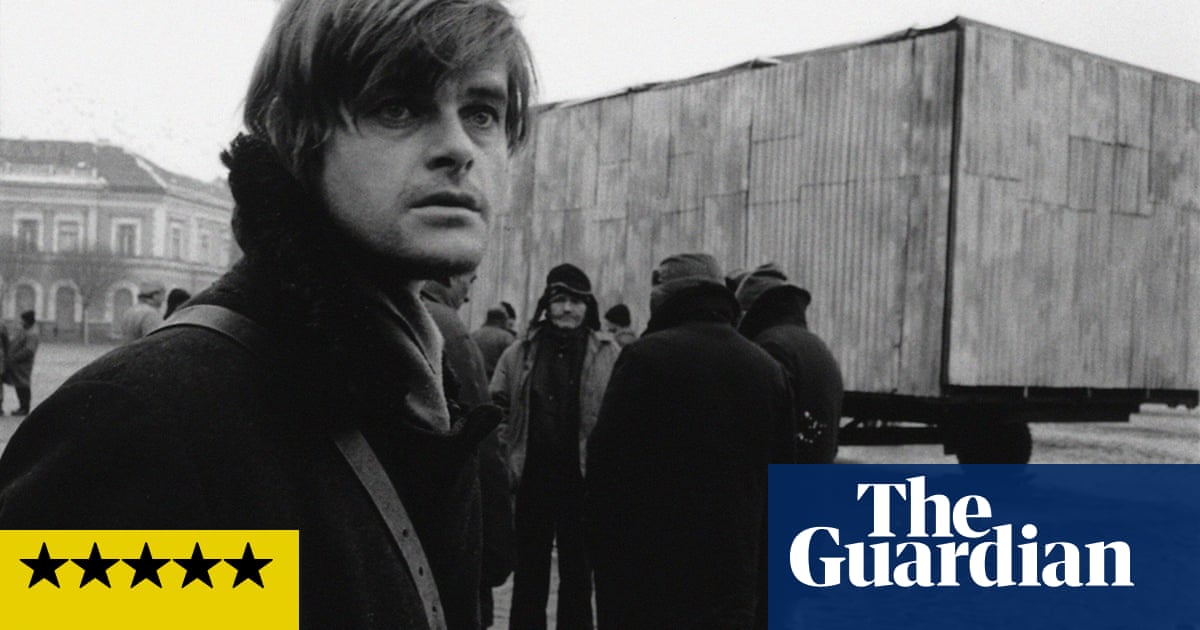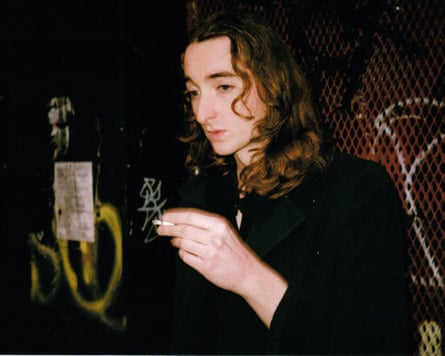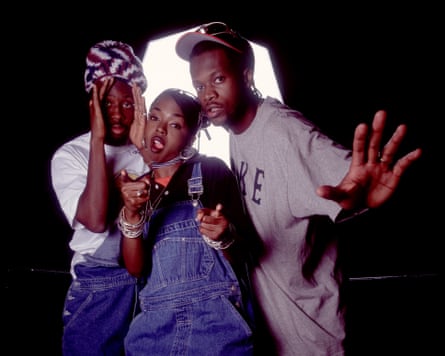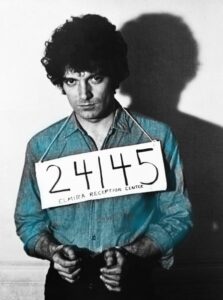
Hungarian auteur Béla Tarr and his co-director and editor Ágnes Hranitzky now have their 2000 film rereleased, 24 years on as part of a career retrospective; it is an eerie monochrome vision of power, group hysteria, cosmological breakdown and the end of the world. When I first saw this film I responded to what might be called its spiritual aspect, its mystery, its unknowability, and of course its distinctive style: the extended dream-tempo takes, the murmuringly restrained dialogue achieved through overdubbing and the long trudging walks through an unforgiving landscape. There is a quite extraordinary closeup sequence in which two men simply walk together down a city street in wordless silence, for minute after minute, their faces juxtaposed in semi-profile. That shot is the kind of eccentric indulgence forbidden by every film school in Europe or the US, but Gus Van Sant created a homage to Tarr and to that very scene in his 2002 film Gerry, with Casey Affleck and Matt Damon doing the same walk.
A second viewing of Werckmeister Harmonies reveals to me something in it more concrete about fascism and the sleep of reason, about the longing to submit to power which lurks just below the surface, to which humanity might so easily surrender, as if in a somnambulist trance; Tarr in fact recently spoke to me about these ideas. And this second time around I saw another resemblance: to George A Romero’s Night of the Living Dead.
Lars Rudolph plays János, a young man in a remote Hungarian town; Werckmeister Harmonies was filmed in Baja, in the south, like much of Tarr’s previous film, the seven-hour-plus epic Sátántangó. He lives with his uncle György (Peter Fitz), a fastidiously reserved and reclusive musical scholar who is developing a dissentient theory of harmony, claiming that the current orthodoxy of the octave and the 12 tones is a fallacy stemming from the work of 17th-century theorist Andreas Werckmeister.
Like everyone else, János is disturbed and yet perhaps also strangely excited by a bizarre “circus” that arrives in the town; it is basically a truck carrying a corrugated iron structure containing a vast, dead whale, stinking and decomposing. The circus also promises the appearance of a certain shadowy and charismatic individual called “the Prince”, evidently some kind of inflammatory demagogue or cult leader, like the strange Irimiás in Sátántangó. Something is wrong in the universe, an untuning of the celestial spheres perhaps – like the cosmic disorder that begins Macbeth, which Tarr has also filmed.
Bizarrely, the Prince never speaks in public or even appears on camera, and yet his simple presence causes the town square to fill with people who stand stock still, staring into the middle distance. They march later in total silence to a local hospital to wreck it, but are eventually calmed and perhaps even shamed into leaving by the pitiful figure of a tiny naked old man in a shower. János’s aunt Tünde (Hanna Schygulla) tells him to persuade her estranged husband György to use his considerable prestige and dignity to round up a group of local worthies from a list she provides, people who will be part of a sinister-sounding movement for mental hygiene: “We will create order, create cleanliness …” Tünde herself is conducting an affair with the local chief of police (Péter Dobai). When we next see Tünde she is being greeted with hand-kissing politesse by an army officer, next to a tank in the street. And János himself, a hunted, haunted figure, furtively witnesses everything and it is driving him mad.
Like so much of Tarr’s work, this is based on a novel by László Krasznahorkai, and like Hranitzky, Krasznahorkai is a vital collaborator, with a vision to compare with Gogol, although Werckmeister Harmonies has less of the bleak, Beckettian humour that was detectable in Sátántangó. Tarr’s famous long takes are perhaps an inspired, counterintuitive stylistic approximation of the daunting density of Krasznahorkai’s writing. Werckmeister Harmonies may be Tarr’s masterpiece (and some of his followers might even have the heretical suspicion that it achieves as much in two-and-a-half hours as the great Sátántangó in seven.) It’s a movie that sees the pain of the Soviet suppression of the Hungarian uprising in 1956 and the collaborationist Nazi rule of Ferenc Szálasi in 1944; it’s a film which also senses the layers of brutality that underpin postwar European history like pagan rituals superseded and absorbed by Christianity.
And maybe the film now smells something else in the air, like the decomposing whale: something spiteful and mad. When this film was released, Hungarian leader Viktor Orbán was halfway through his first prime ministerial term, still an unexceptional European pro-Nato figure, but increasingly authoritarian. This film’s brooding, melancholy dissonant music is haunting.
after newsletter promotion
Source: theguardian.com





















